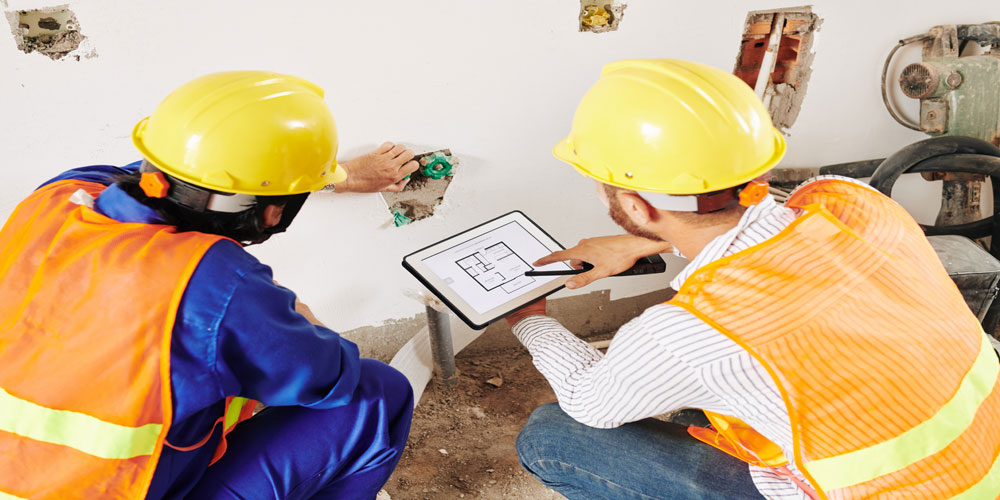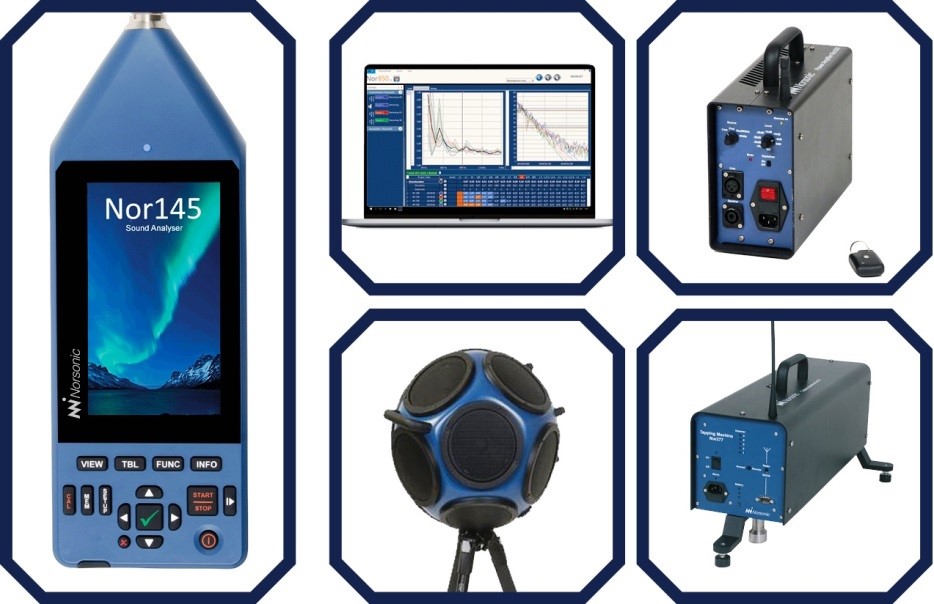
Sound Insulation Testing & the Building Industry
In today’s fast-paced urban environment, ensuring comfortable living spaces and work environments has become a top priority for the construction industry. One crucial aspect of this is sound insulation testing, an essential process that helps create acoustically optimised buildings. Let’s explore why sound insulation testing is so vital for the building industry and its impact on the overall quality of life for occupants.
Why is Sound Insulation Testing Important?
Sound insulation testing is designed to evaluate how well a building’s construction materials and techniques can reduce sound transmission between rooms or from outside noise sources. It ensures that the building meets or exceeds the required acoustic standards set by local building regulations. The primary objectives of sound insulation testing are:
Noise Reduction: Effective sound insulation reduces unwanted noise intrusion from external sources like traffic, construction, or industrial activities. It also minimises noise transfer between rooms within the building, ensuring privacy and a peaceful living or working environment.
Compliance: In many countries, including the UK, sound insulation testing is a mandatory requirement for certain types of buildings, such as residential properties, schools, hotels, and hospitals. Compliance with these regulations ensures that the building meets acceptable standards of acoustic performance.
Occupant Satisfaction: A well-insulated building significantly impacts the quality of life for its occupants. Reduced noise levels enhance comfort, improve sleep quality, and boost overall well-being, leading to higher tenant satisfaction and reduced turnover rates.
Legal and Financial Protection: Failure to comply with sound insulation regulations can result in legal consequences, including fines or restrictions on property usage. By conducting sound insulation tests during construction, developers can identify and address any issues promptly, saving potential costly retrofits later.
How Does Sound Insulation Testing Work?

Sound insulation testing typically involves two main types of assessments:
Airborne Sound Testing: This evaluates the transmission of sound through the air. Testers use loudspeakers to generate a calibrated noise source in one room while measuring sound levels in the receiving room. The results determine the sound reduction index between the two spaces.
Impact Sound Testing: This measures the level of noise transmitted through the structure of the building caused by impact sources like footsteps or moving furniture. It assesses how well the floors and walls can attenuate this type of sound.
Impact on the Building Industry
The introduction of sound insulation testing has had a transformative impact on the building industry. Developers and architects must now incorporate acoustic design considerations from the early stages of a project. This involves selecting appropriate building materials, construction methods, and acoustic treatments to meet regulatory standards and ensure high-quality living and working spaces.
Moreover, as sound insulation performance becomes a crucial selling point for properties, developers who invest in effective soundproofing solutions can gain a competitive edge in the market. A reputation for well-insulated buildings can attract more discerning buyers and tenants who prioritise comfort and peace of mind.
Sound Insulation Testing and the Building Industry
Sound insulation testing plays a vital role in shaping the modern building industry, ensuring that structures are not just aesthetically pleasing but also acoustically optimised for a better quality of life. By adhering to acoustic standards and incorporating sound insulation measures, the industry can create spaces that promote well-being, productivity, and happiness for occupants, ultimately redefining the way we experience the built environment.
Need Some Support?
APT Sound Testing can undertake sound insulation testing on all types of residential buildings and commercial buildings. They also undertake sound testing on schools and buildings containing rooms for residential purposes.
They have a highly qualified team of experienced sound test engineers who are dedicated to giving our customers the best quality of service and offer acoustic design advice where possible, to help clients achieve the required acoustic results to pass the sound testing and attain building completion. They can also undertake ‘in house’ UKAS accredited air tightness testing in one seamless package, lowering costs and negating coordination issues.
To contact APT Sound Testing, call 01525 303 905 or visit their comprehensive and informative Sound Testing Services website.